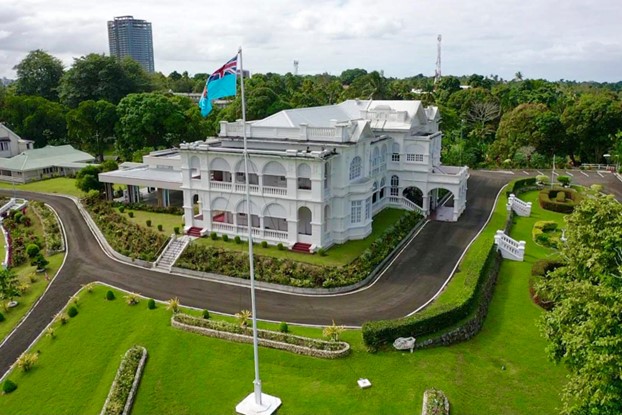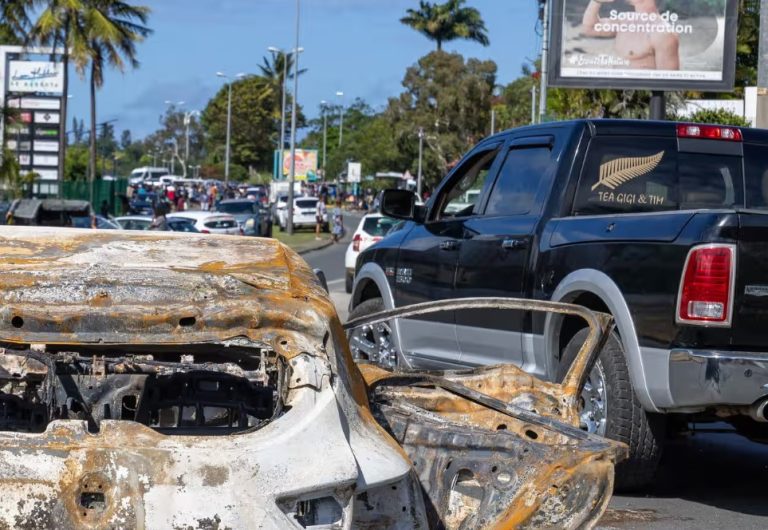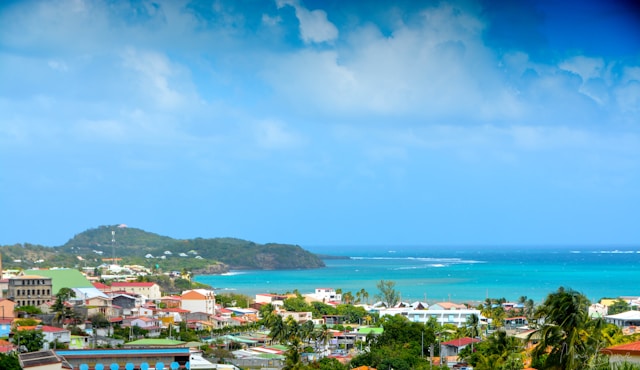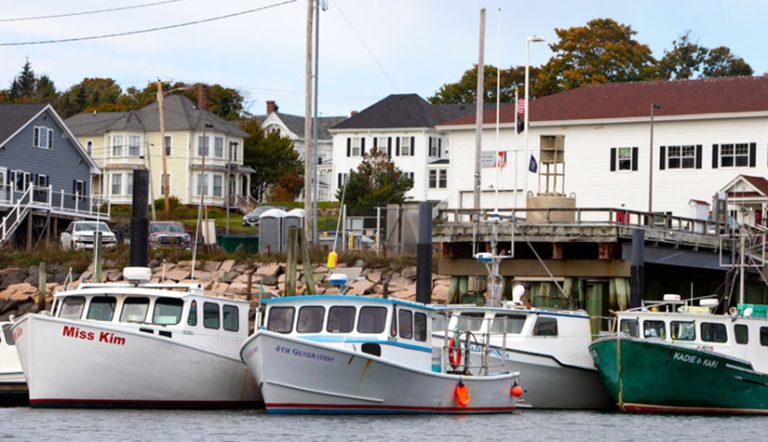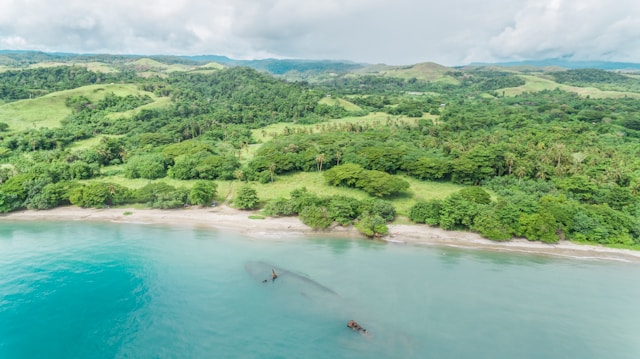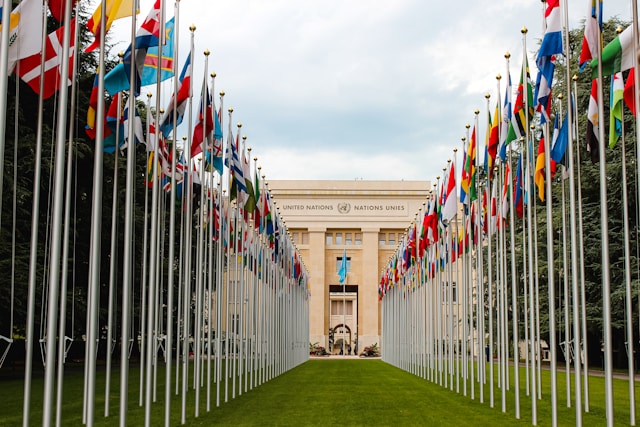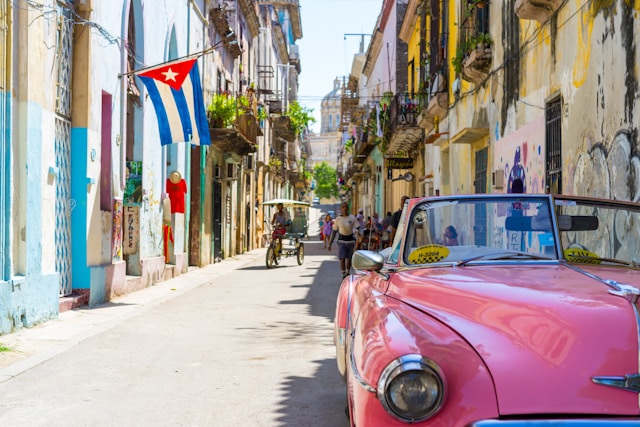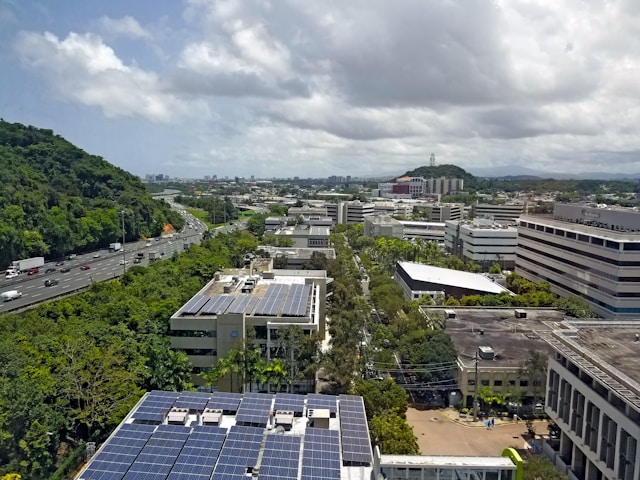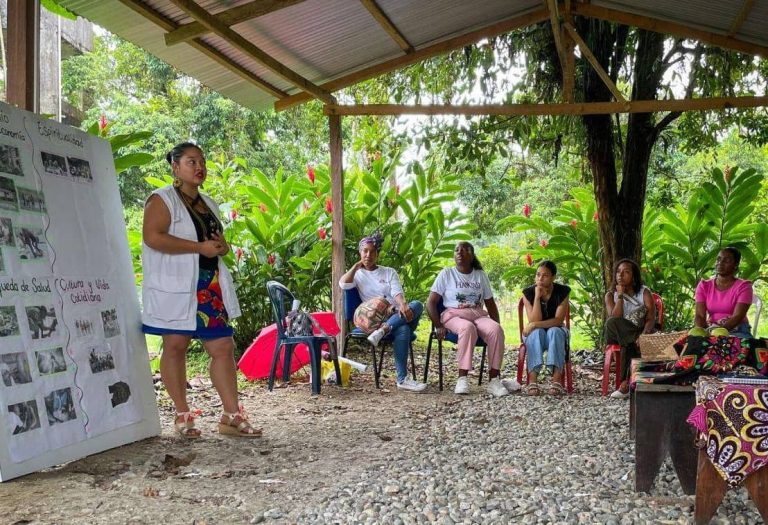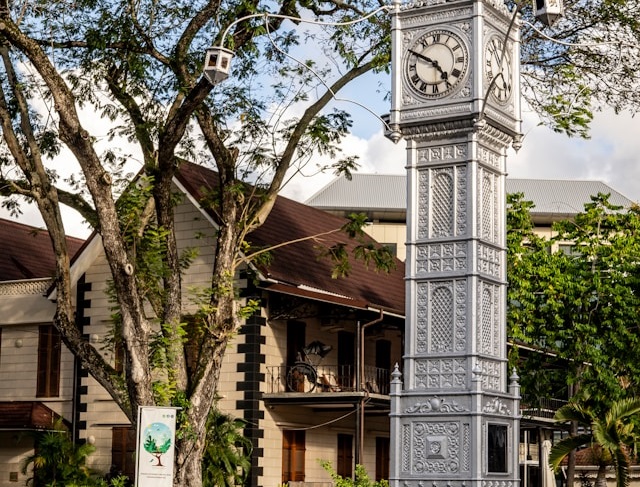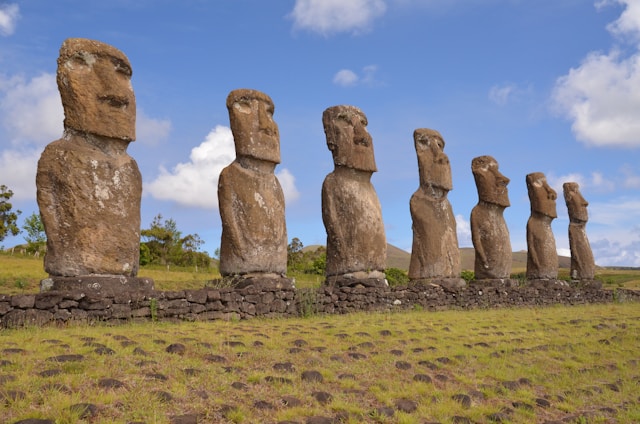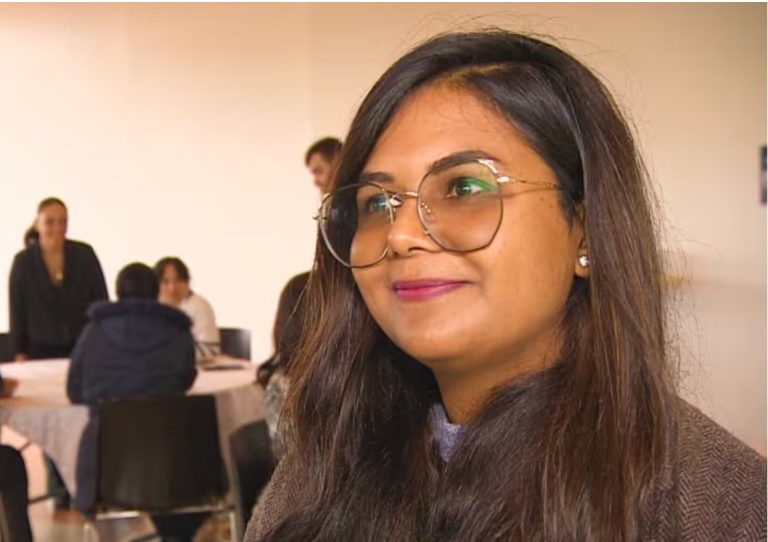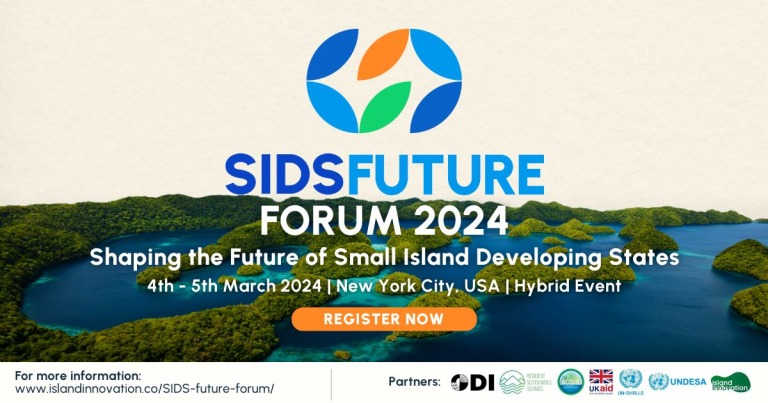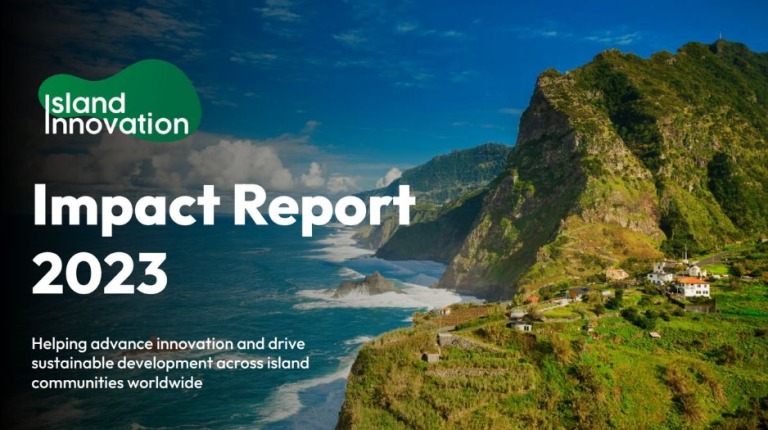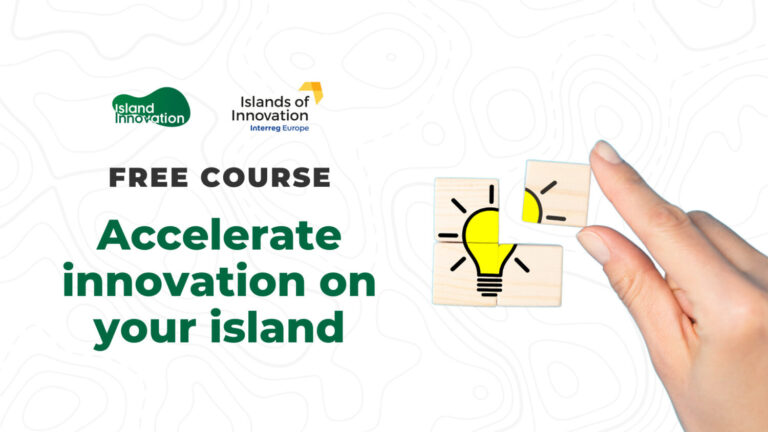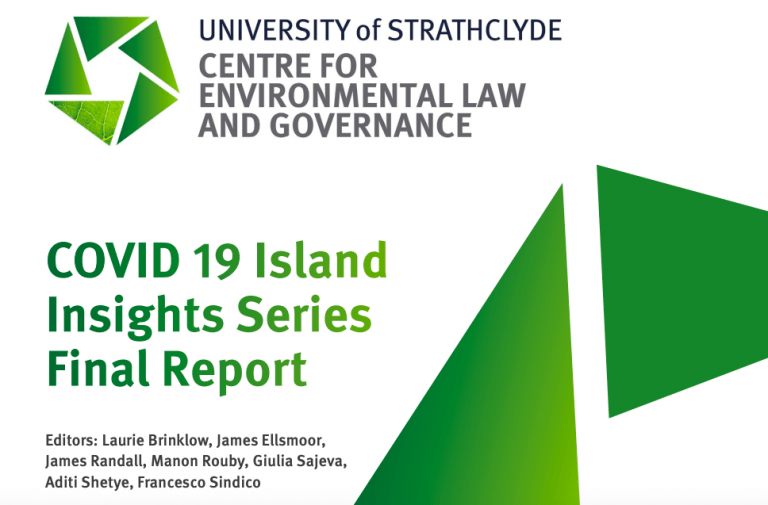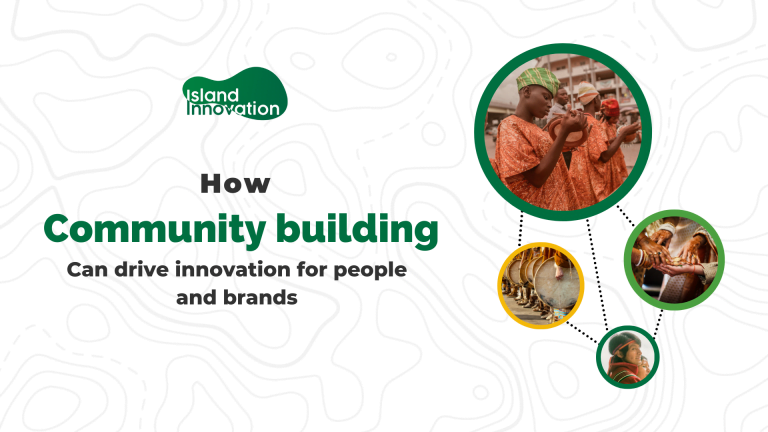Photo credit: (State House of Fiji), UNDP photo. Retrieved from undp.org
Excerpt from undp.org
Island Innovation, a key supporter of sustainable initiatives, is actively contributing to the implementation of the ‘Solarization of Head of State Residences (SOHS)’ program by PIDF and UNDP Pacific. This initiative aims to foster the adoption of green energy in 11 PIDF member countries, including Fiji, Tonga, Kiribati, Solomon Islands, Vanuatu, Republic of Marshall Islands, Federal States of Micronesia, Palau, and Tuvalu.
As the countries aspire towards the 2030 Agenda in the upcoming years, they have also taken leadership in reducing their carbon footprint and showcasing climate action with high level commitment in transforming Presidential residences to full clean energy thus closing energy gaps.
Pacific Island Countries (PICs) face multiple energy challenges, including: i) a limited range of indigenous energy resources, ii) the high cost of developing energy resources and extending service to remote populations, iii) poor quality of energy data and trends, iv) a small base of skilled people with energy knowledge, and v) weak bargaining positions with fossil fuel suppliers making energy unaffordable. These challenges affect all individuals, regardless of gender, and it’s important to ensure that both men and women have equal access to resources and opportunities in the energy sector.
In terms of electricity access, there is significant variation across the region. Nearly all households in Niue, Nauru, Palau, Tokelau, Cook Islands, Samoa, Tonga, and Tuvalu have access to electricity. However, in Vanuatu and Solomon Islands, overall electrification rates remain very low, at about 20 percent of households or less. There are low-income households in most PICs, which use little electricity because of the high costs of fossil fuel-based electricity generation, even though it can be easily accessed. It’s crucial to consider the specific needs and circumstances of these households, which may include women-headed households, in energy planning and policymaking.

